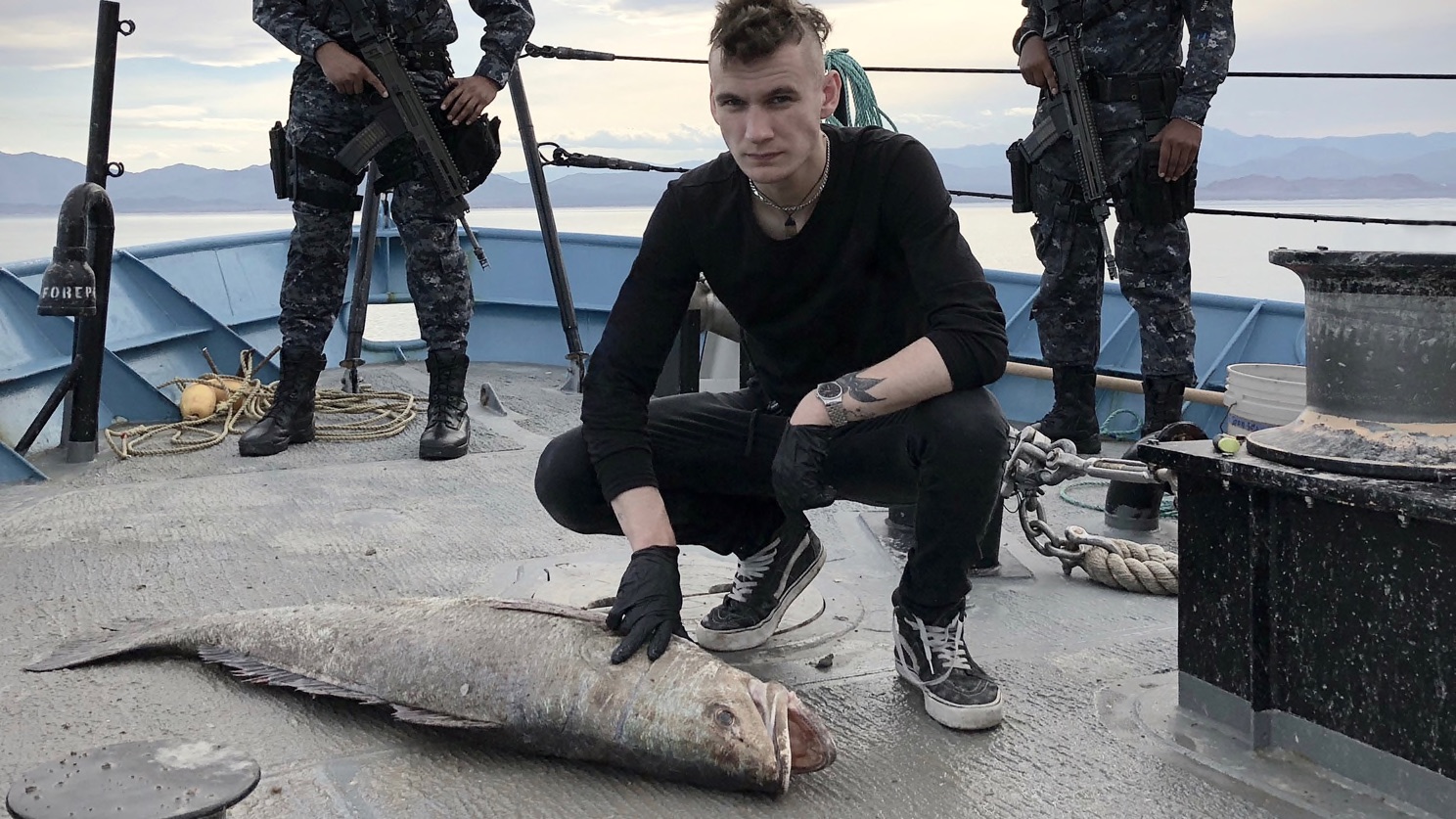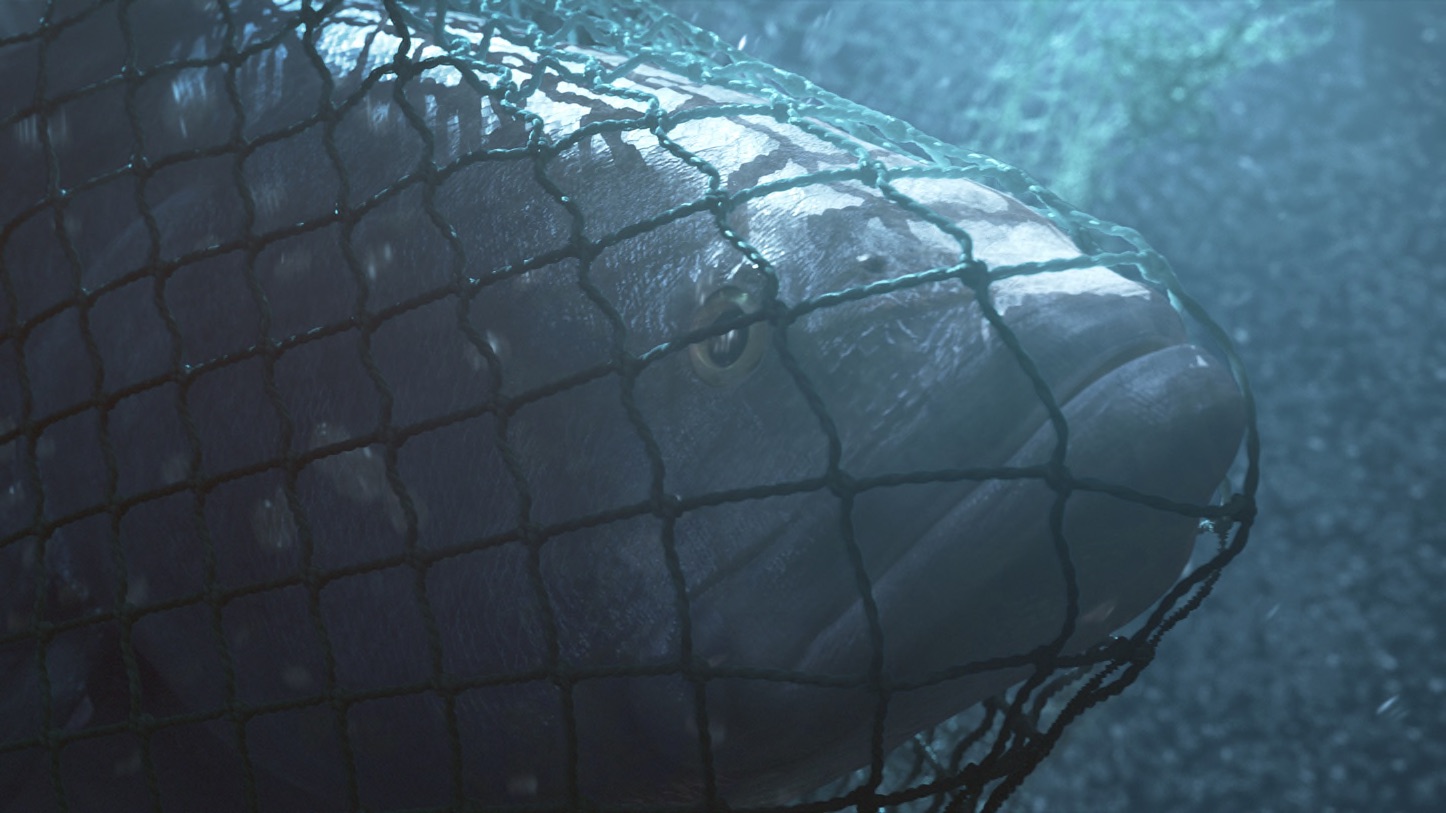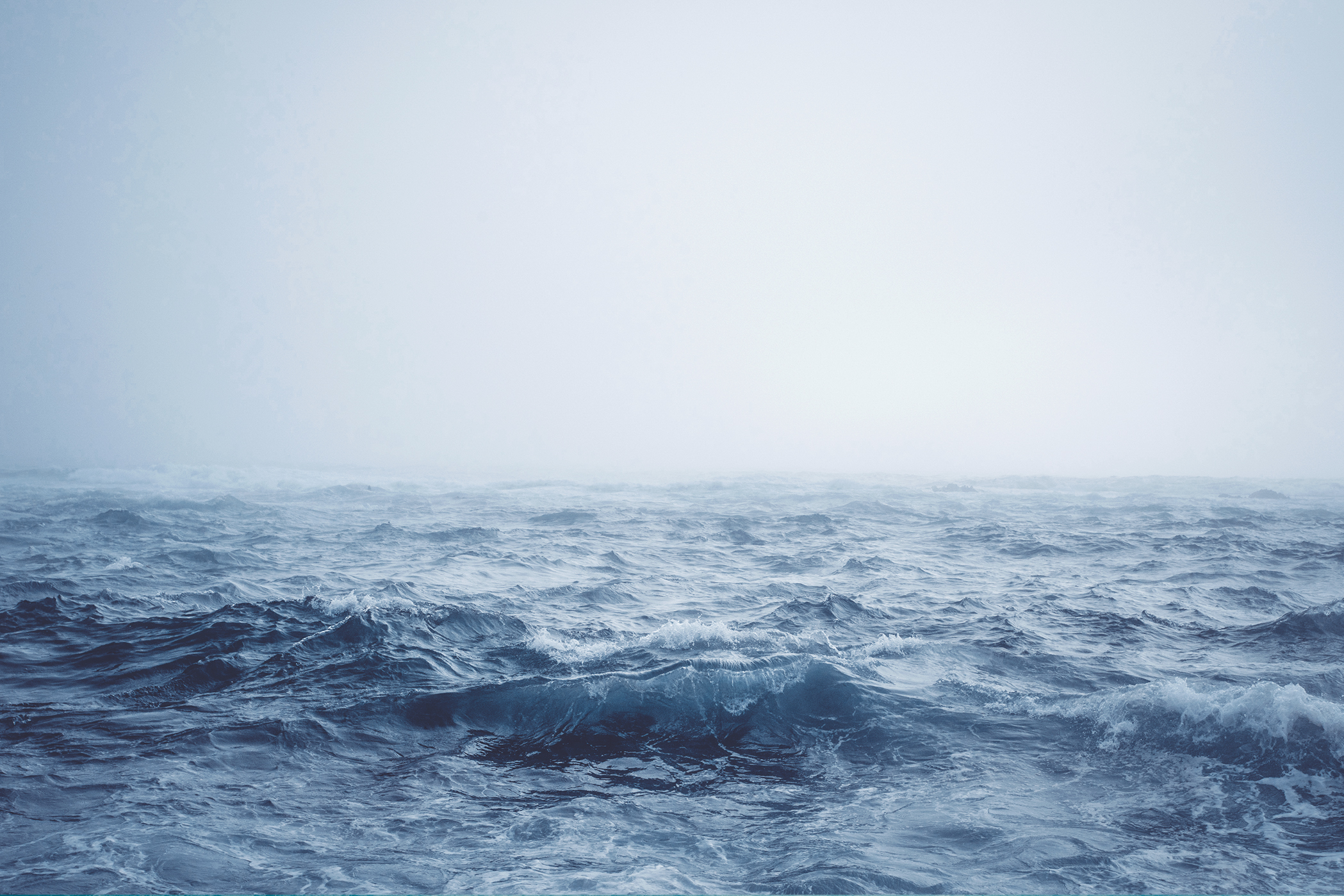Case Study
Sea of Shadows
The investigative thriller, Sea of Shadows, follows an extraordinary group of scientists, conservationists, investigative journalists, undercover agents, and the Mexican Navy as they risk their lives for justice.
Their multi-layered impact campaign was developed using an evidence-based theory-of-change framework to save the vaquita, identify the sources of the conservation crisis, and build capacity for long-term implementation.


